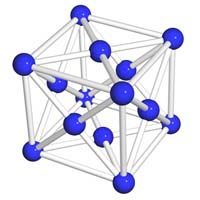Aspirin Derivative No Match for Mesothelioma
It may work wonders for aches and pains but apparently the ‘wonder drug’ is no match for the asbestos-linked cancer, malignant mesothelioma. A number of previous studies have suggested a benefit from aspirin for some types of cancer. But Italian scientists testing the aspirin derivative [2-acetoxy-(2-propynyl) benzoate] hexacarbonyldicobalt (Co-ASS) and its analogue hexacarbonyl [μ-(2-ethylphenyl) methanol] dicobalt (Co-EPM) against malignant pleural mesothelioma cells found that both molecules function better as non-steroidal anti-inflammatory (NSAID) agents than as anti-tumor drugs. The researchers tested Co-ASS and Co-EPM against mesothelioma cells of both the more common epithelioid and rarer sarcomatoid types. The most encouraging results were seen with the sarcomatoid cells. Against this cell type, Co-ASS was found to be more potent than either Co-EPM or…









